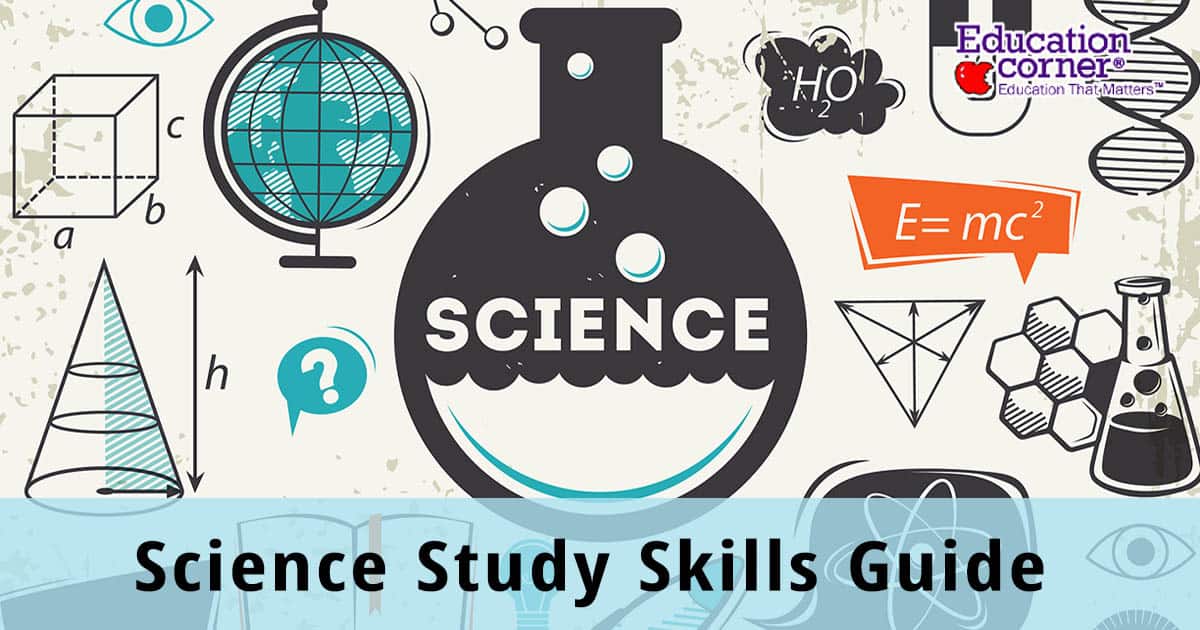With its numerous enigmas of the universe to unravel, science is one subject that requires both an inquisitive brain and a strategic approach towards learning. Having access to plenty of reliable and engaging study resources is critical to doing well in science. Well, here are some of the vital resources to keep in mind:
Core Textbooks
Wide Spectrum: It gives a basic idea about the constructs, theories and functioning of various experiments in Science.
Visual tools — They often contain diagrams, charts and photos to clarify a thesis.
Exercises: Textbooks provide ample exercises for practice.
Online Resources
Khan Academy, Crash Course and TED-Ed are examples of educational websites that have fun video lectures and interactive video tutorials.
Online Laboratories — students can conduct experiments online in a virtual lab that simulates real-life conditions.
Scientific Journals: Cutting-edge research articles are published in journals like Nature, Science, and Scientific American.
Databases: Include JSTOR and search engines like Google Scholar for a massive database of scientific papers and research articles.
Digital Tools
Scientific Simulation Software: PhET Interactive Simulations, Virtual Labs — explore a scientific phenomenon or experiment and manipulate variables of that phenomenon.
Data Analysis: Use Excel and data analysis tools like Python to analyse data, visualise it in graphs and conclude the solutions.
Note-Taking Applications : Apps such as Evernote and OneNote also allow you to keep will track of notes, equations, and diagrams.
Some Other Ways to Make Your Studying Effective
Active Learning: Get your hands dirty with the content by writing notes, summarizing fundamental aspects, and questioning.
Lab: Get your hands dirty in experiments.
Science, Find a way to be curious, ask questions about the things you see in nature.
Study in a group — Discussing the concepts, practicing problems together or share your insights with peers.
Time management: Design a timetable and allot time for each topic/subject.



